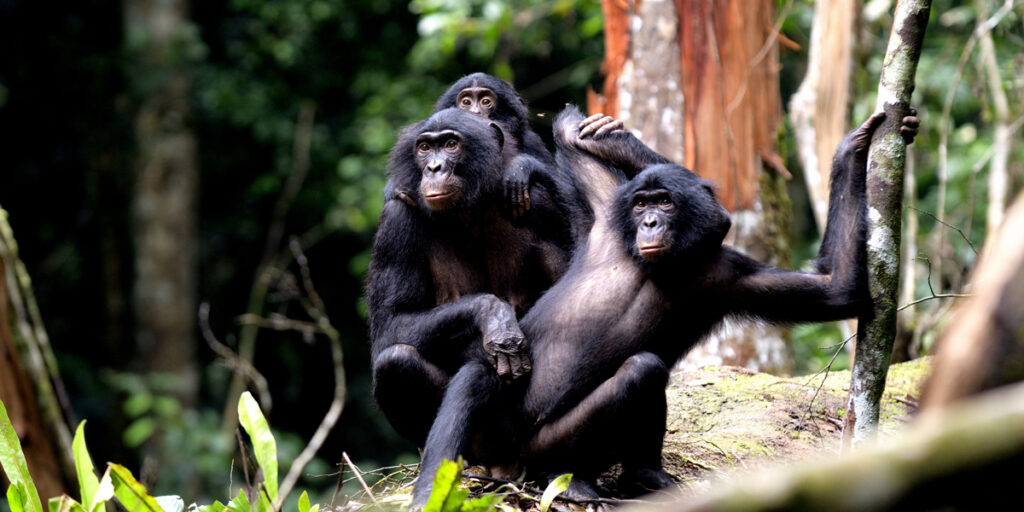When it comes to measuring intelligence in the animal kingdom, two species consistently rise to the top: chimpanzees and bonobos. Both of these remarkable primates exhibit cognitive abilities that challenge our understanding of intelligence beyond human confines.

Chimpanzees, our closest genetic relatives, demonstrate problem-solving skills, tool use, and complex social behaviors that suggest a high level of intelligence. They can learn sign language and communicate with humans in ways that reveal their capacity for abstract thought. Research has shown that chimpanzees can remember locations of hidden food for extended periods and even strategize during social interactions.
On the other hand, bonobos showcase a different kind of intelligence marked by their empathetic behaviors and strong social bonds. Their ability to cooperate and resolve conflicts peacefully highlights emotional intelligence as a critical component of their IQ. Bonobos utilize tools similarly to chimps but are also known for their advanced communication skills through vocalizations and gestures.

In comparing these two intelligent species, it’s clear that while chimpanzees may excel in certain cognitive tasks, bonobos offer a unique perspective on emotional and social intelligence. Thus, declaring one as having the highest IQ is challenging; instead, it opens up an engaging dialogue about what constitutes intelligence itself in the animal world.





